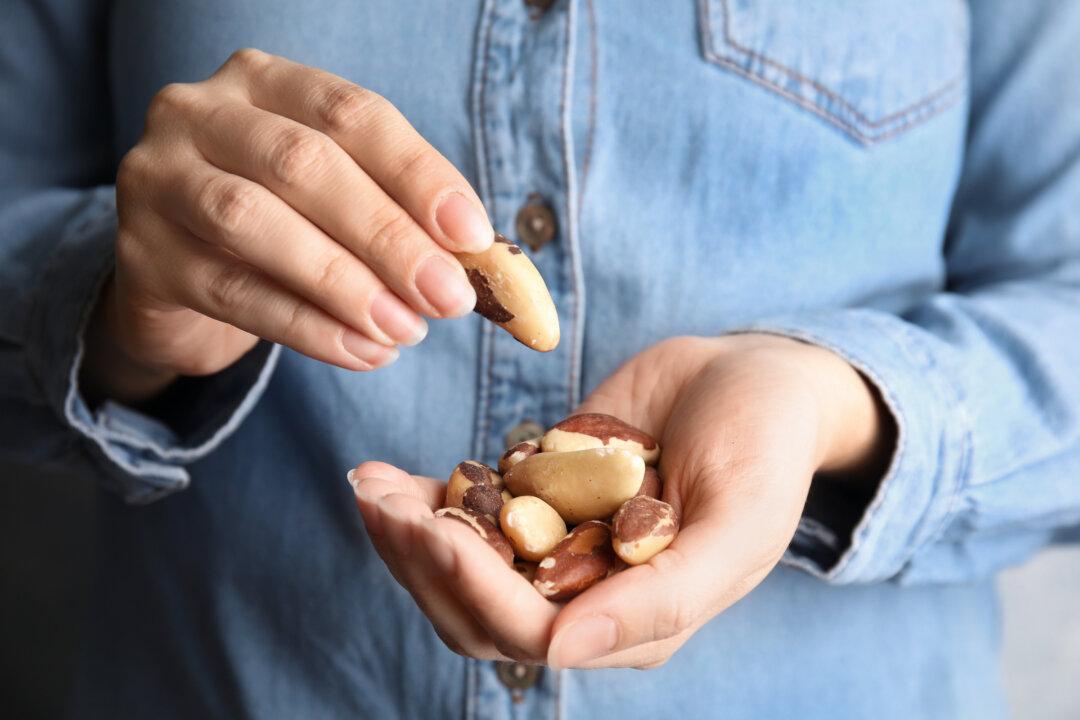There is an ever-expanding pool of research indicating that your gut health can influence how you think, feel, and function.
Starting as a journalist over 10 years ago, Mat has not only honed his belief system and approach with practical experience, but he has also worked closely with nutritionists, dieticians, athletes, and fitness professionals. He embraces natural healing methods and believes that diet, exercise and willpower are the foundation of a healthy, happy, and drug-free existence.
Author’s Selected Articles





